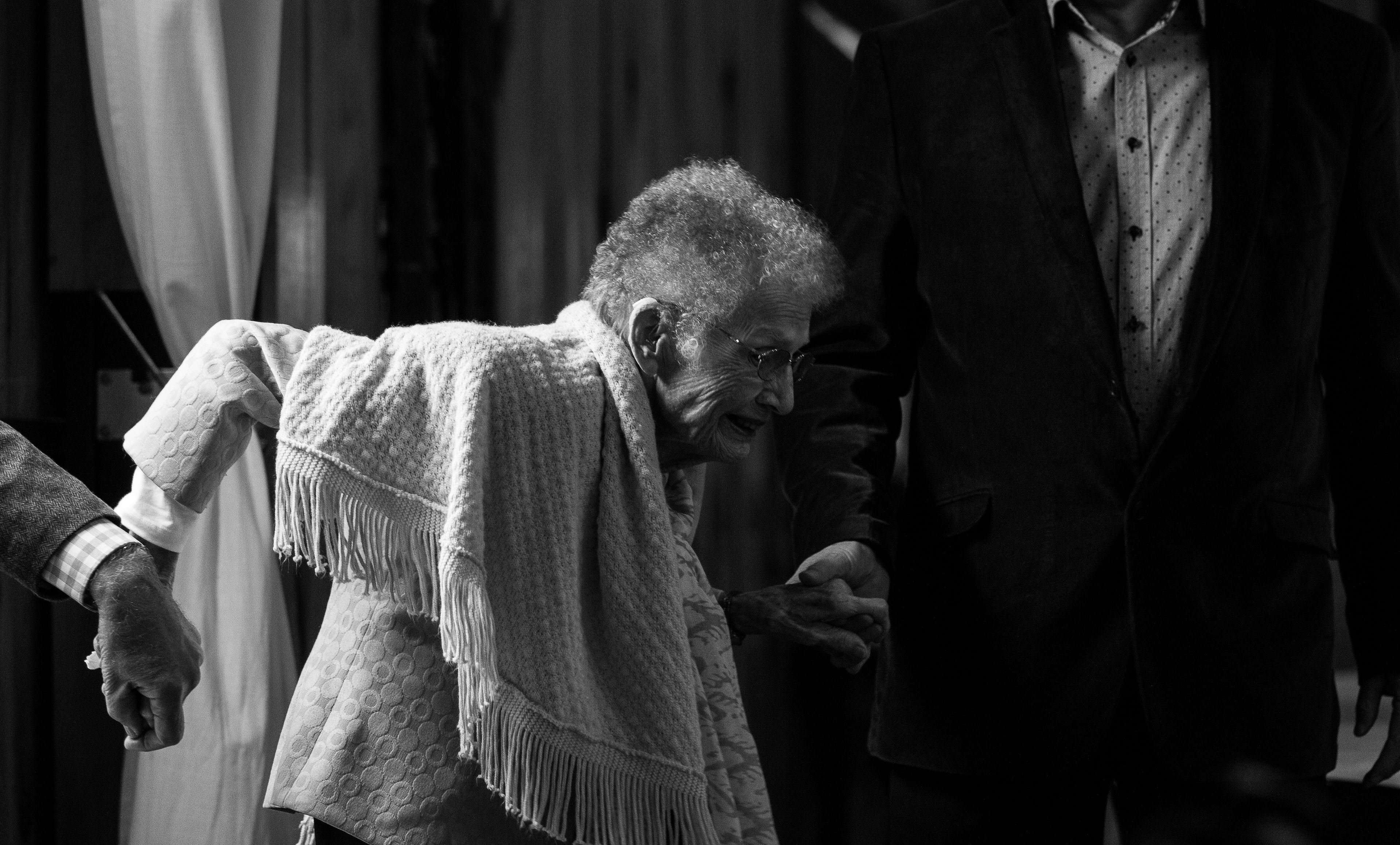Newsletter: Little Epiphanies
Can an Emotionally Mature Parent Raise an Emotionally Immature Adult?
Most parents hope that if they model emotional maturity, their children will grow up to be equally mature, empathetic, and self-aware adults.
The realization that the enabling parent put you in harm's way.

What we've learned from our Estranged Adult Child support group.

Jacquelyn Tenaglia talks about what happens when therapy language becomes oversimplified, overused, or weaponized.

Many parents will feel incredibly close to their child, but the same adult child may feel distant, drained, or even resentful of their parent. This is why.

Will I take care of my aging estranged parent — and if so, how?

Articles, podcast episodes, videos, worksheets, and more to help you navigate family estrangement.

This caller told her sister about the abuse she experienced at the hands of her parents. She didn't take her side.

The need for space, when not handled well, can lead to estrangement.

Many people associate grief with death, but for those who grew up in homes filled with chaos, neglect, or abuse, grief often takes a different form.

What happens when the relationship you’re mourning never really existed in the first place? What if the person you’re grieving was never present?

Whitney Goodman and writer Nate Postlethwait sit down to discuss a topic that rarely gets the nuance it deserves.

Little Epiphanies: March 17, 2024 by Whitney Goodman, LMFT.
- …
